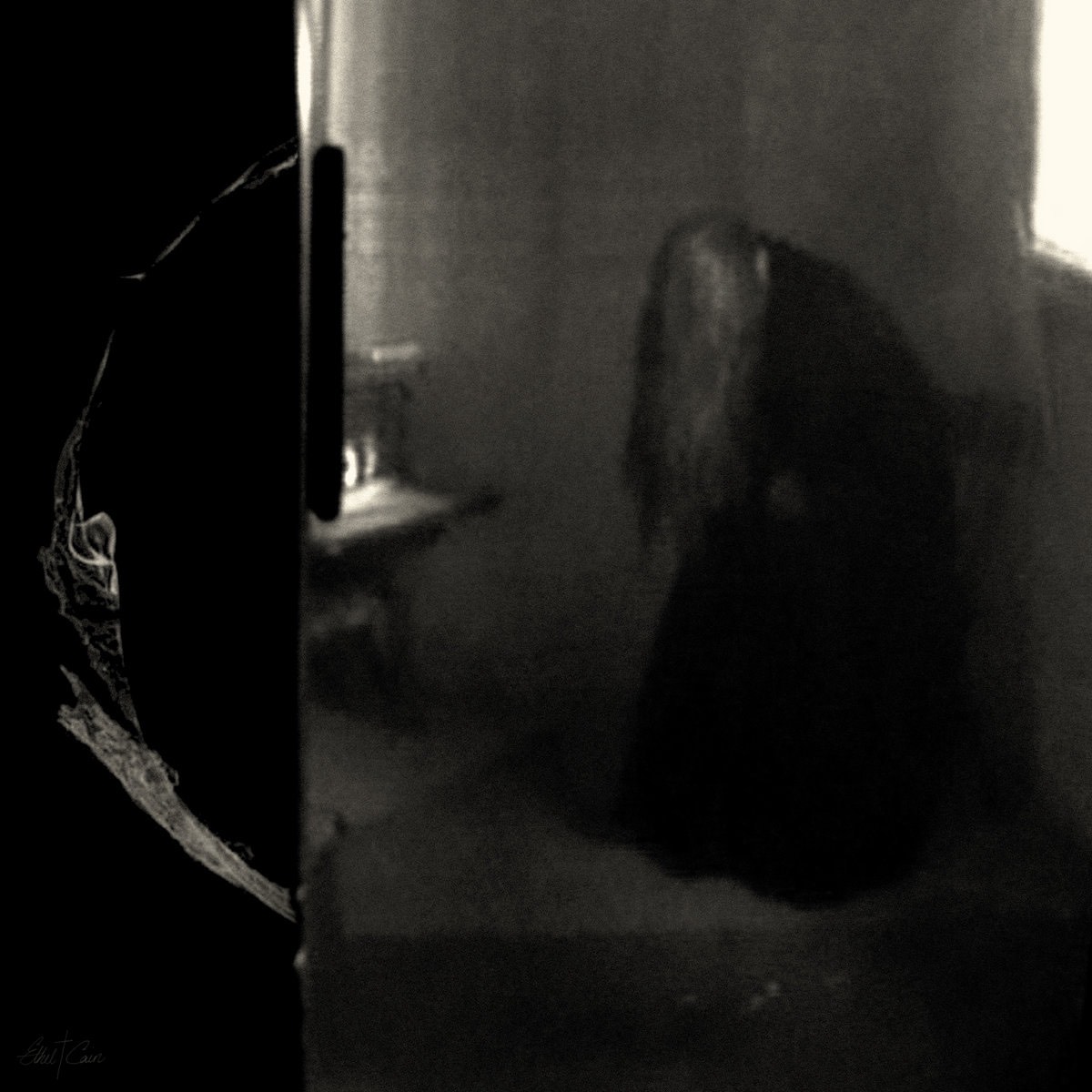Ethel Cain
Perverts
DAUGHTERS OF CAIN
ABOVE THE CURRENT
There’s always been a darkness to Ethel Cain’s music. It was present in the three EPs that preceded 2022’s stunning debut full-length, Preacher’s Daughter, and it surrounded that album’s songs, too, alongside a profound sense of sorrow. But what else would one expect from an album that so successfully created its own mythology—that of a woman telling a tale from beyond the grave about being killed and eaten by her lover? Throw in a church graveyard full of religious imagery and some bombastic pop choruses, and Cain managed to create a true and unique modern classic.
That Hayden Anhedönia is trans only added to the mythos and the power of the album’s story—her reality as an actual preacher’s daughter and the invented narrative of singing as a dead woman coalescing and dividing across its songs; art and artist, truth and fiction, dying and then being reborn throughout its duration to tremendously powerful effect. The result was a record whose commercial success defied its own gothic darkness. Instead, the occasionally anthemic poppiness of its songs delivered a fanbase whose obsession with Cain borders on the religious. So much so, in fact, that it’s something Cain has spoken publicly about struggling with.
She may not have to worry about that much longer. Perverts is an album that feels deliberately difficult and different, certain to confuse the bulk of the fans she’s gathered if not scare them away completely. Rather than its songs being surrounded by darkness, they are the darkness. So much of these nine tracks—which creep and crawl, shadow-like, across the record’s hour-and-a-half runtime—exist as almost-dead space, droning and buzzing like a distant chainsaw from a horror movie or nightmare that you can’t wake up from. But the constant throb and unsettling noise that take over the opening title track or the aptly named “Pulldrone” eventually transition from irritating to soothing, from eerie to comforting, as the cold, bleak darkness finds its way inside your skin and soul and settles there, bleeding into your bones. Even when silence breaks the spell, it remains with you, continues to haunt you.
And yet there are moments of abject beauty contained here, too: the elegiac solemnity, for example, of “Punish,” Cain’s voice floating like an angel trying not to fall; the piano that begins “Etienne”; the blizzard of disembodied voices that bring “Thatorchia” to a close. The whole thing ends with the delicate, sparse, and plaintive beauty of “Amber Waves,” a gentle wash of (relative) warmth that does almost enough to wash the rest of this record’s darkness away.
More of an immersive art installation than an album, Perverts might well succeed in causing Cain’s fanbase to dwindle, if indeed that is one of Anhedönia’s aims. Yet it’s also every bit as moving as its predecessor. If you really listen to it—to all of it—it will consume you. It’s almost like House of Leaves in the form of music: a black hole of nothingness continually expanding until there’s nothing but nothing left. A staggering piece of art and unbeauty.







